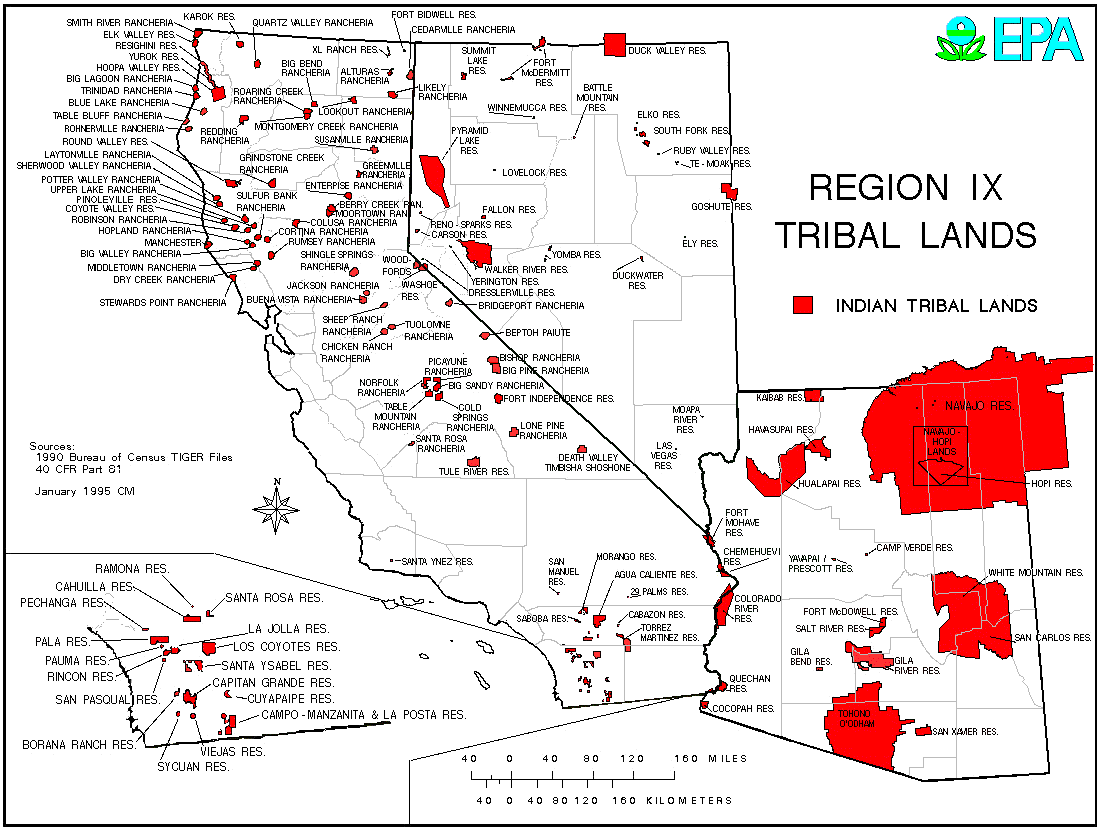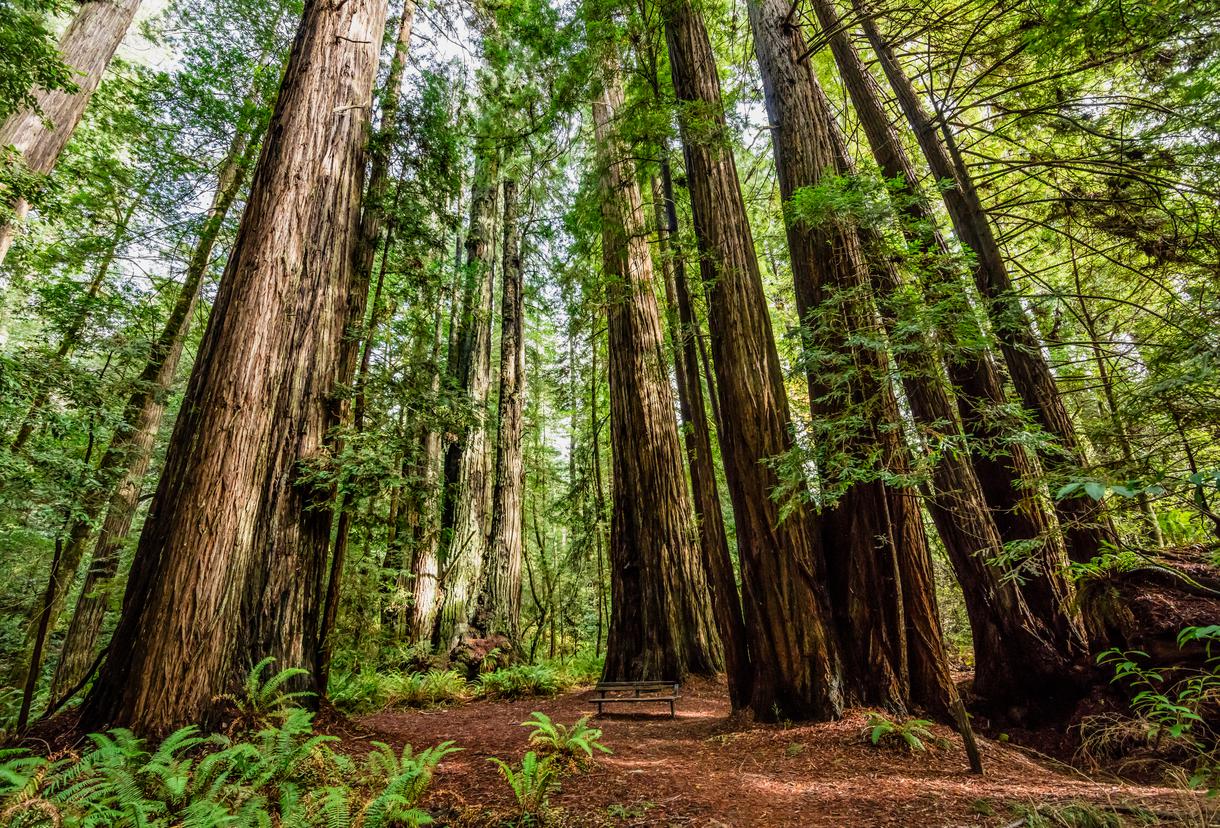LA’s Hidden History: A Glimpse into the Reservations of Los Angeles
LA’s Hidden History: A Glimpse into the Reservations of Los Angeles
Los Angeles, a city known for its glitz, glamour, and endless sunshine, holds a history that’s often overlooked – a history intertwined with the stories of indigenous peoples who called this land home long before the city’s modern rise. While the bustling metropolis we know today has largely erased the physical presence of reservations, their legacy lingers in the stories, traditions, and cultural practices of the Native American communities that still call Los Angeles home.
A City Built on Stolen Land
Related Articles: LA’s Hidden History: A Glimpse into the Reservations of Los Angeles
- Unveiling Colorado's Indian Reservations: Discoveries Await
- Uncover the Hidden Tapestry: A Journey Through Potawatomi History
- Unveiling Minnesota's Indian Reservations: A Journey of Discovery and Insight
- Discover Montana's 7 Enchanting Indian Reservations: Unveiling Native American Heritage
- Unveiling the Enchanting World of Taos Pueblo: Discoveries and Insights
Before the Spanish arrived in the 18th century, the land that is now Los Angeles was inhabited by a diverse array of indigenous tribes, including the Tongva, Chumash, and Tataviam. These tribes had lived in harmony with the land for centuries, developing intricate systems of agriculture, trade, and governance. But the arrival of the Spanish, and later the American settlers, brought a devastating change.
The Spanish mission system, established in the late 1700s, was a system of forced labor and conversion. Indigenous peoples were stripped of their land and forced to work on the missions, often under brutal conditions. This period saw a sharp decline in the indigenous population, due to disease, forced labor, and the disruption of their traditional way of life.
The Fate of Reservations
As the United States gained control of California in 1848, the land that was once home to indigenous communities was further fragmented and parceled out to non-native settlers. The federal government, through various treaties and acts, attempted to establish reservations for Native Americans, but these were often small, isolated, and inadequate to sustain traditional ways of life.
In Los Angeles, the story of reservations is particularly complex. While there were no formally recognized reservations within the city limits, the Tongva people were relegated to small pockets of land outside the city, often under the control of the federal government or private landowners. These parcels were subject to constant encroachment and development, forcing the Tongva people to constantly relocate and fight for their right to their ancestral lands.
The Fight for Recognition
Despite the challenges they faced, the indigenous communities of Los Angeles never gave up their fight for recognition and their right to self-determination. They have been involved in ongoing legal battles to reclaim their ancestral lands, preserve their cultural heritage, and gain recognition as sovereign nations.
The Invisible Legacy

Today, while physical reservations within the city limits are non-existent, the legacy of the indigenous communities of Los Angeles is deeply woven into the city’s fabric. The names of streets, parks, and landmarks often reflect the Tongva language and their connection to the land.
The Tongva Today
The Tongva people, who were the original inhabitants of the Los Angeles Basin, continue to fight for their rights and recognition. They are involved in various initiatives to educate the public about their history and culture, to reclaim their ancestral lands, and to ensure that their traditions and languages are preserved for future generations.
A Call to Action
As we move forward, it’s crucial to acknowledge the complex history of indigenous peoples in Los Angeles and to recognize the ongoing struggle for their rights. We can all contribute to a more inclusive and equitable future by:

- Learning about the history and culture of the Tongva people. There are numerous resources available online and in libraries.
- Supporting indigenous-led organizations and initiatives. Many organizations are working to preserve indigenous culture and advocate for their rights.
- Challenging stereotypes and misconceptions about Native Americans. It’s important to recognize the diversity and resilience of indigenous communities.
- Supporting local businesses and organizations owned and operated by Native Americans.

The story of reservations in Los Angeles is not just a historical footnote; it’s a story that continues to unfold. By understanding the past and embracing the present, we can work towards a future where the voices of indigenous peoples are heard and their rights are respected.
FAQ: Indian Reservations in Los Angeles
Q: Are there any Indian reservations within the city limits of Los Angeles?
A: No, there are no formally recognized reservations within the city limits of Los Angeles. However, the Tongva people were relegated to small pockets of land outside the city, often under the control of the federal government or private landowners.
Q: What happened to the reservations in Los Angeles?
A: The reservations were either fragmented, absorbed into the city’s growth, or sold off by the government. The Tongva people were forced to relocate and their lands were further encroached upon.
Q: Where can I learn more about the history of Native Americans in Los Angeles?
A: There are numerous resources available online and in libraries. You can also visit the Autry Museum of the American West in Los Angeles, which has a significant collection of artifacts and exhibits related to the history of Native Americans in California.
Q: How can I support the Tongva people today?
A: You can support the Tongva people by learning about their history and culture, donating to indigenous-led organizations, and challenging stereotypes and misconceptions about Native Americans. You can also support local businesses and organizations owned and operated by Native Americans.
Q: What are the Tongva people working on today?
A: The Tongva people are involved in various initiatives to educate the public about their history and culture, to reclaim their ancestral lands, and to ensure that their traditions and languages are preserved for future generations.
Q: What is the significance of the Tongva language and culture?
A: The Tongva language and culture are essential to the identity of the Tongva people. They reflect their deep connection to the land and their history.
Q: What can I do to help ensure that the history of indigenous peoples in Los Angeles is not forgotten?
A: You can help ensure that the history of indigenous peoples in Los Angeles is not forgotten by sharing their stories, supporting their organizations, and challenging stereotypes and misconceptions about Native Americans.
By acknowledging the past, learning from it, and actively supporting the present, we can create a more inclusive and equitable future for all.

Closure
Thus, we hope this article has provided valuable insights into LA’s Hidden History: A Glimpse into the Reservations of Los Angeles. We appreciate your attention to our article. See you in our next article!


